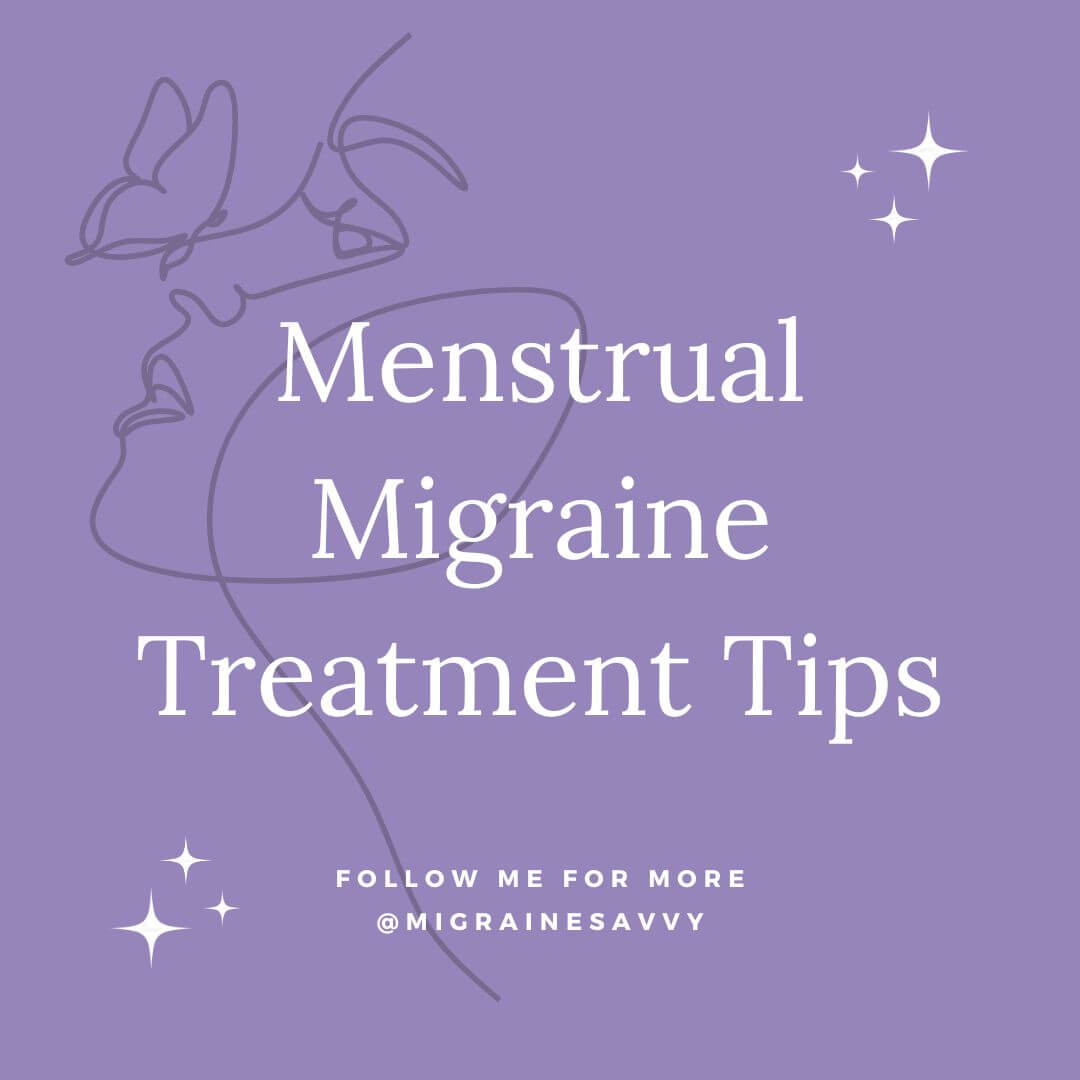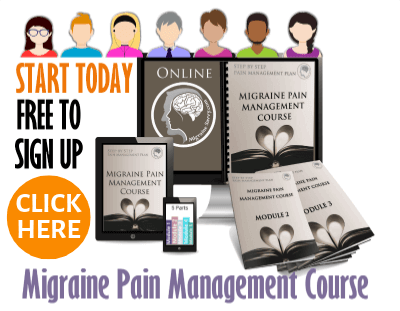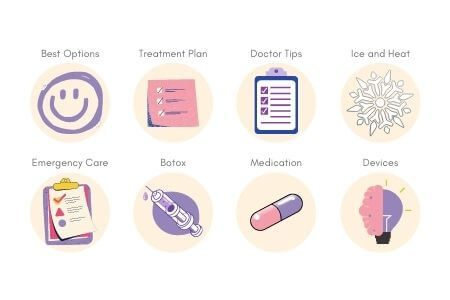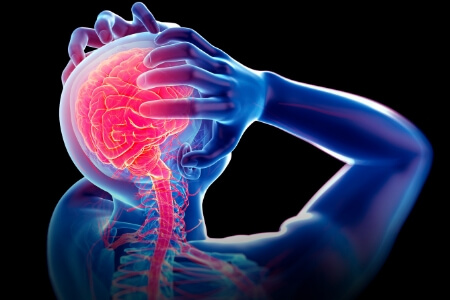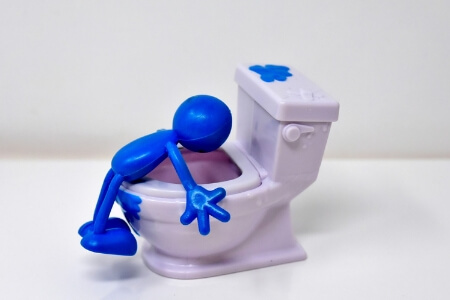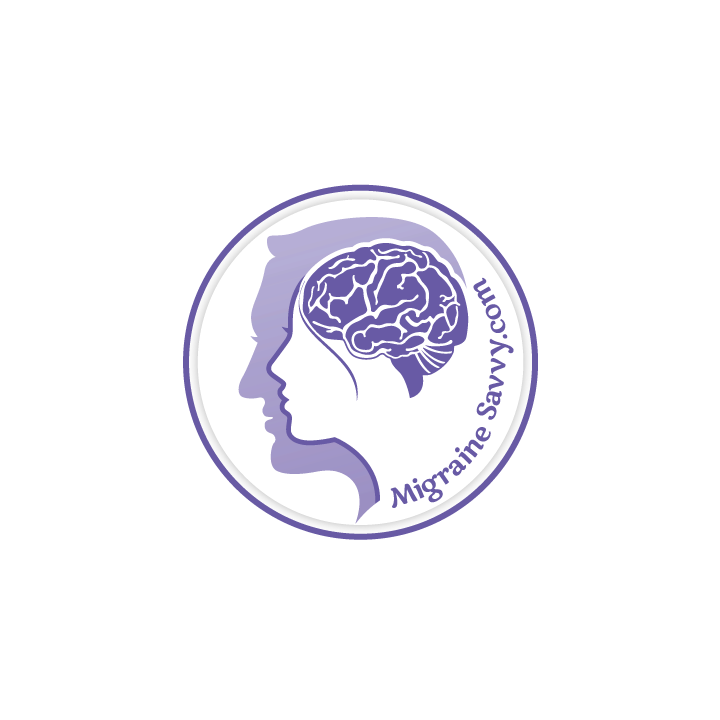- Home
- Migraine Treatments
- Menstrual Migraine Treatment
COMPLETE MAGNESIUM SUPPORT
My Top Choice - Magnesium Breakthrough - The ONLY supplement with all 7 essential magnesium types in one formula. Most only have 1-2 types, leaving you deficient.
Menstrual Migraine Treatment Tips
The problem with menstrual migraine treatment, apart from it hitting monthly with your monthly cycle, is that you will most likely need a multifaceted approach. You may need to look at your diet and lifestyle as well as medications and possibly even prophylactics.
There is absolutely nothing we can do about having hormones rising and falling through the month! Any little change would set me off (20 out of 30 days each and every month).
What you can do is learn to identify your triggers and then avoid them wherever possible. It is most difficult to avoid the unknowns and it can be difficult to balance hormones. It was in my experience.
So let's look at what can help.

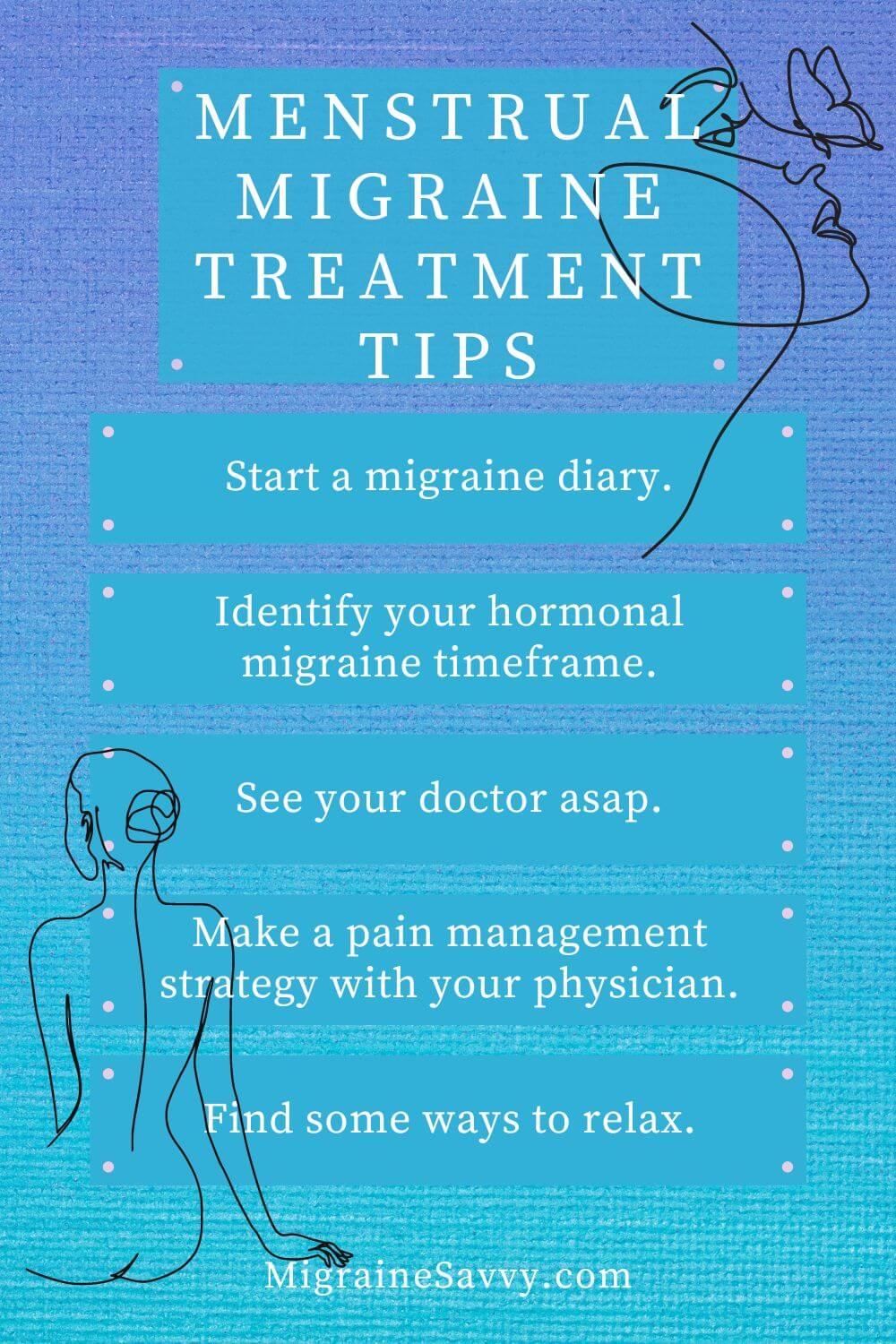 Menstrual Migraine Treatment Tips And 4 Steps You Can Take Right Now @migrainesavvy #periodmigraine #periodheadaches
Menstrual Migraine Treatment Tips And 4 Steps You Can Take Right Now @migrainesavvy #periodmigraine #periodheadaches
These migraine attacks are usually triggered by the fluctuations of the hormones during the menstrual cycle and can range from mild to debilitating.
A tip to help you avoid these attacks is to learn what your hormone pattern is. Every woman is different. Some women with migraine notice that their attacks hit during ovulation. Others claim their headaches hit during the mid-cycle of their monthly period, while yet others suffer all through their menstruation cycle (like me).
It is possible to treat your migraine or even prevent them, by learning at which time in your menstrual cycle, your hormones trigger your migraines. Keeping a migraine diary will help you take control of your headaches.
Getting appropriate rest is highly important. Your neurologist will ask you about your sleep patterns. Your body needs rest, but it is even more important during your menstrual cycle. This will allow your body to gain energy and to have the nutrient levels necessary to function properly.
During your menstrual cycle, you might find it helpful to eat home cooked meals, because the nutritional balance can be better suited to your body's needs. Some migraine sufferers avoid processed foods around this time of the month.
Be sure to stay well hydrated, water is very important to the cellular function of your body. Hydration does seem to have a positive impact on migraine reduction. WATER & SALT!
THE best book I have read on this subject is Fighting The Migraine Epidemic. It is a must read in my opinion.
My #1 Choice in Magnesium Supplements
Ways To Cope With Menstrual Migraines
One of the most important aspects of avoiding a migraine attack is learning to relax. Calm down your whole nervous system.
After you have gone through the process of identifying your hormonal migraine time-frame, you need to take extra care to de-stress yourself during these times.
If you live a hectic life these days, check your schedule and make sure you pencil in some downtime for yourself when you know you'll need it.
This downtime is highly important not only for helping you to get the relaxation you need but to stop potential migraine attacks. I always say, every one you can stop is a victory in itself.
Every one of us living with migraine is different. Some of us respond to ice packs and others don't. The only thing you can do is to try it and see. If ice does not work for you, then try heat instead. But be careful with heat, click here to read exact details about how to treat a migraine with ice and heat.
If all else fails, use medication at the first sign of an attack. They are listed below. Some people have aura that can help predict the onset of an attack. It won't take long to learn and notice your signs and symptoms of an impending migraine. Your early warning signals are especially important so that you can medicate yourself immediately.
Timing is so important.
Always carry your migraine medication with you at all times. When you feel a migraine coming on, it is very important to go ahead and take your medication. Many times just waiting 30 minutes, can cause a more severe migraine that lasts longer.
Learn about getting your timing right, that will help too.
Related to menstrual migraines, it is very difficult to remedy them completely. Unfortunately, many women continue to have these menstrual headaches until after menopause. Many things, including age controls our hormonal fluctuations.
Managing menstrual migraine can be difficult but it is possible. There is hope, so keep reading.
4 Steps You Can Take Right Now To Help Stop The Suffering
Step 1 - Talk with your doctor, and get the correct diagnosis. There are medical factors such as high blood pressure, smoking and family history, and the exact migraine diagnosis, that needs to be considered prior to developing your treatment strategy with your physician.
Step 2 - Start a migraine diary and headache journal. Keep track of specifics and look for patterns with your doctor.
Step 3 - Find some ways to relax and manage your stress around that time of the month.
Step 4 - Develop a detailed pain management strategy with your physician. Make sure you write down what to take and when. Plan for a worse case scenario, so you will be prepared if the headache does turn into a more severe migraine attack. They are treated differently, so make sure you are clear on this.
You might like to read migraine vs headache for more details on the differences in medications that work best.
I take Naramig and Ibuprofen for all my migraine attacks. Thankfully it stops them in their tracks. It was not always that way. It took me 14 years to find effective relief. So hang in there.
You will find what works best for you.
I cover a lot of alternative treatments in my workshop. Here's the link...
There Are Good Medications For Menstrual Migraine Treatment
According to Headaches.Org the ways to handle menstrual migraine treatment is with acute and/or preventive medications.
The best medications most commonly used for acute treatment are:
- non-steroidal anti-inflammatory drugs (NSAIDs);
- dihydroergotamine (DHE);
- the triptans, Frovatriptan (Frova®) is most commonly used around periods;
- and / or the combination of aspirin, acetaminophen, and caffeine (AAC).
In their literature review, the authors included 11 articles regarding acute treatment and 25 for preventive treatment of menstrual migraine. The articles covered a range of treatment options, including triptans, combination therapy, prostaglandin synthesis inhibitor, and ergot alkaloids for acute treatment. Preventive treatment medications included triptans, combined therapy, oral contraceptives, estrogen, nonsteroidal anti-inflammatories, phytoestrogen, gonadotropin-releasing hormone agonist, dopamine agonist, vitamin, mineral, and non-pharmacological therapies. Triptans proved to be the best choice.
~ National Headache Foundation
Your physician will prescribe the best combination for you. S/he may also consider treatment using analgesics or corticosteroids if the above medications don't work well enough.
Preventive Menstrual Migraine Treatment
If you get very frequent and severe attacks, a common menstrual migraine treatment is to take migraine prevention medications daily.
It is best to take them at the same time each day for maximum effectiveness. As you experiment with getting good results, be prepared to have your dose altered occasionally. For example, the dose might be raised just before menstruation.
If you don't have to, or feel you don't need to take a daily prophylactic there are a few other options.
If you have been diagnosed with menstrual migraine, where you have a few days each month you know are going to have or are most likely to have a migraine, short-term prophylaxis medications can be taken.
This means you can take these medications when you feel the migraine coming:
- Naproxen Sodium (or another NSAID) 550 mg twice a day; and /or
- a triptan, such as frovatriptan 2.5 mg twice on the first day and then 2.5 mg daily/ naratriptan 1 mg twice a day/ sumatriptan 25 mg twice a day/ or, methylergonovine 0.2 mg twice a day; until it passes.
- DHE either via nasal spray or injection 1 mg twice a day; for severe menstrual migraine treatment.
- And magnesium, equivalent to 500 mg twice a day.
"The triptans, ergotamine, and DHE can be used at the time of menses without significant risk of developing dependence. As with the NSAIDs, these drugs will also be more effective as preventive medications if started 24 to 48 hours before the onset of the expected menstrual related migraine." [1]
"Fluoxetine, especially if the headache is associated with other premenstrual dysphoric disorder (PMDD) symptoms, can be an effective headache preventive between ovulation and menses." [1]
Hang in there! You will find what works.
Until next time, be well.
WANT MORE TIPS? Subscribe to my newsletter and follow along on Facebook and Pinterest for all of the latest updates.
MIGRAINE TREATMENTS Related Articles
How to be more MIGRAINE SAVVY right now...
Menstrual Migraine Treatment Resource:
[1] National Headache Foundation (2023) Menstrual Migraine Treatment [online] Available: (2017) https://headaches.org/2007/10/25/menstrual-migraine/ and (2022) https://headaches.org/resources/menstrual-migraine-brochure/
Accessed Feb. 4, 2016 Updated Feb. 13, 2020; May 6, 2022; Jan.1, 2023.

